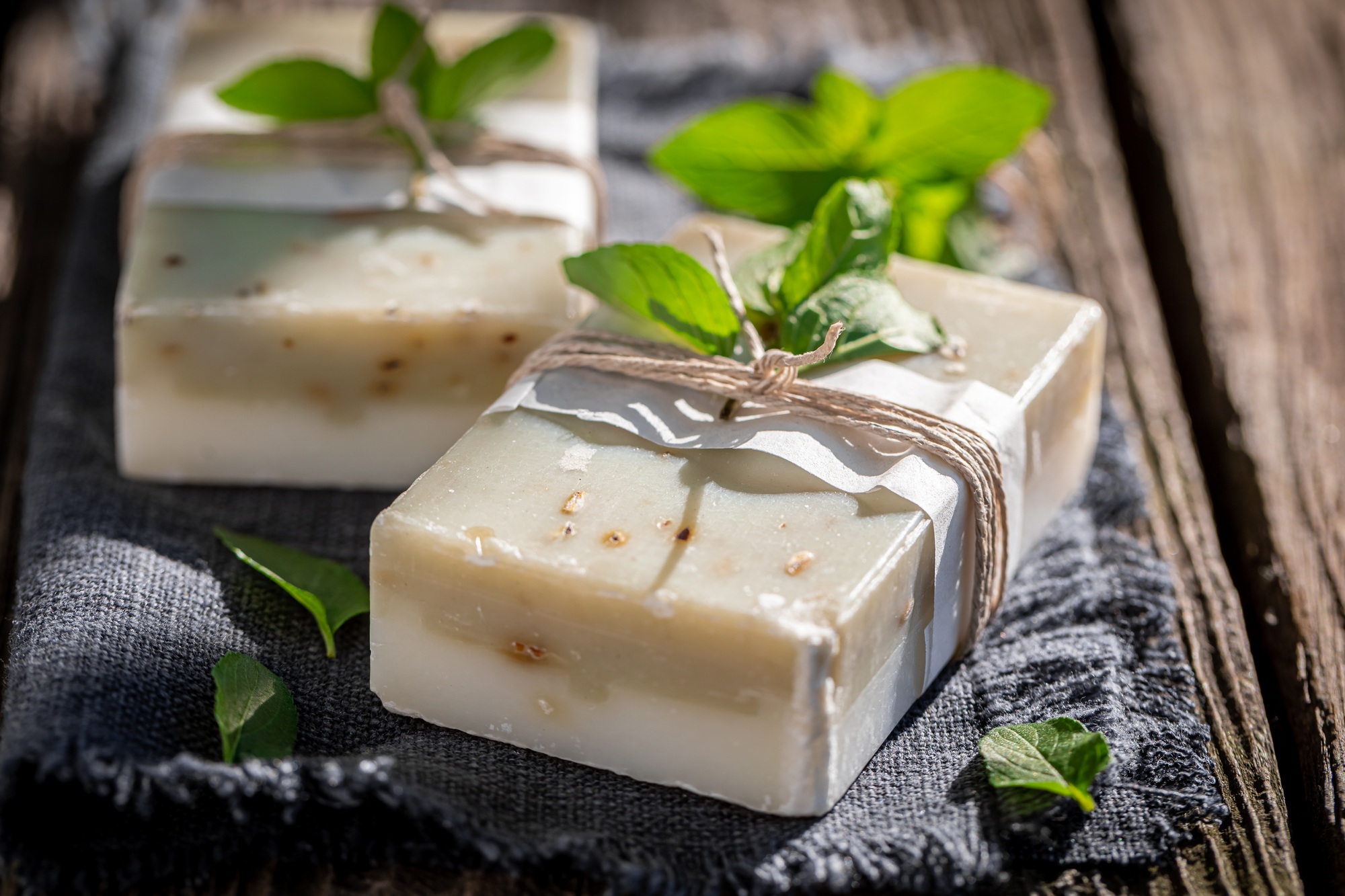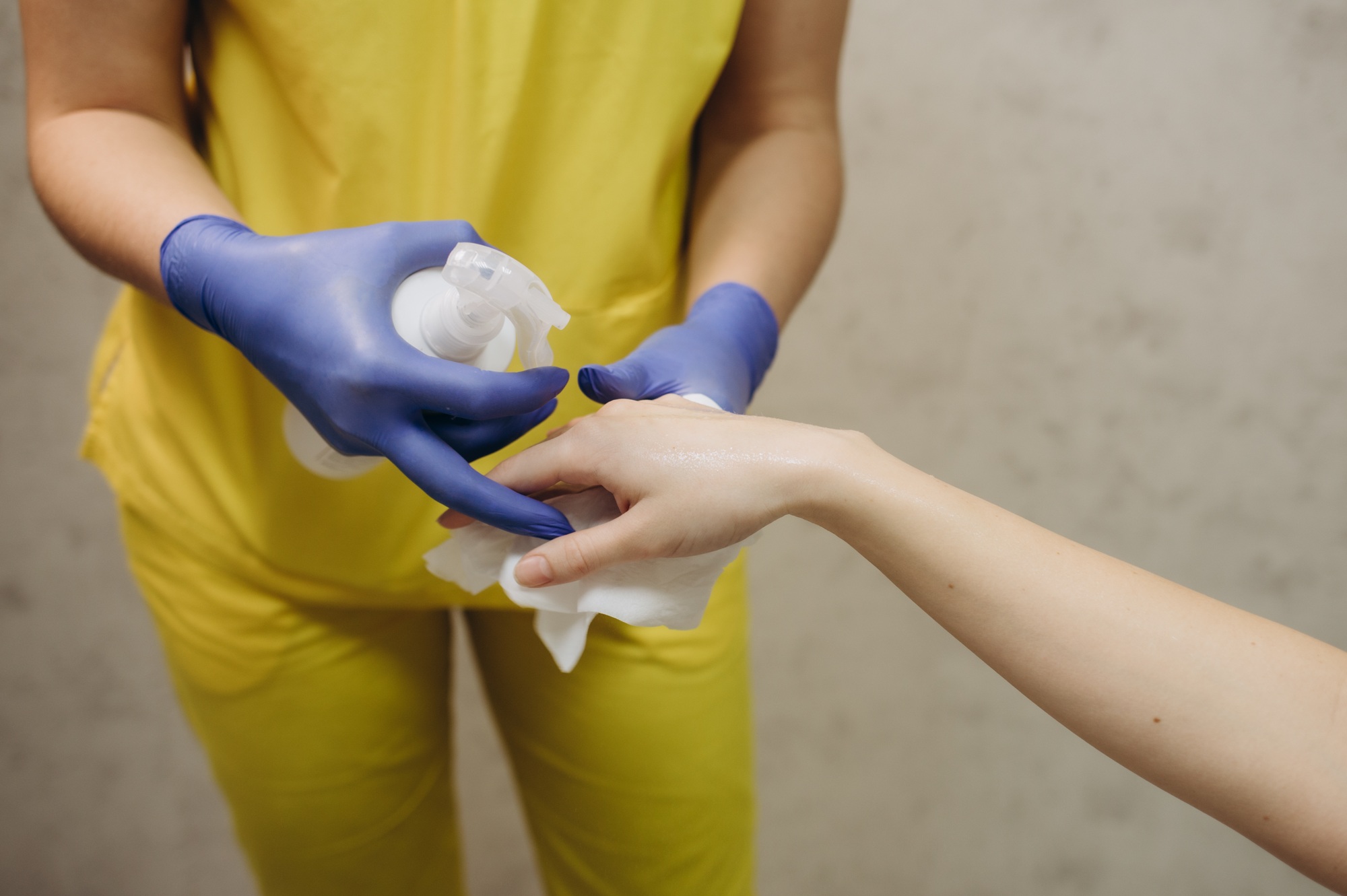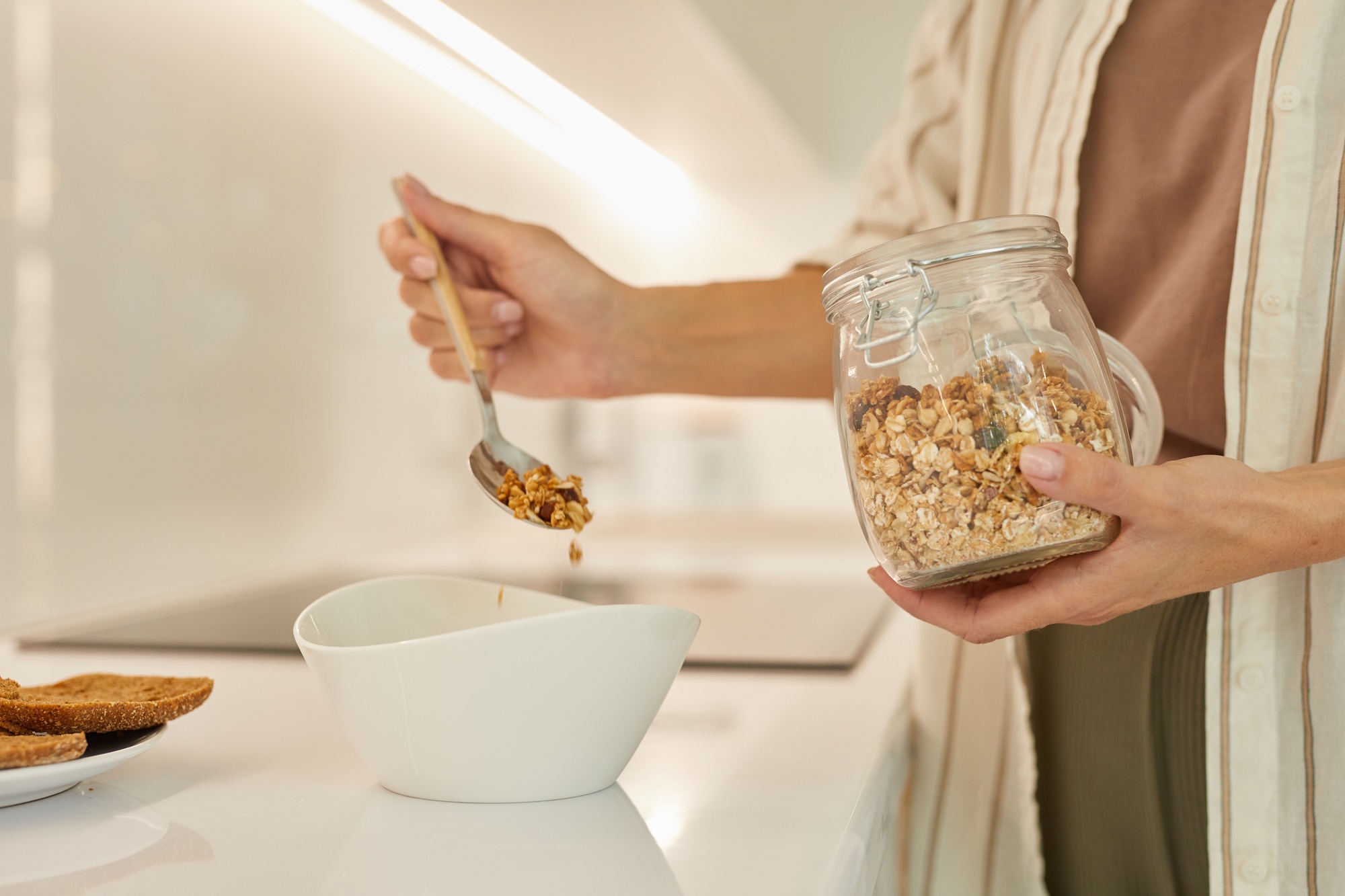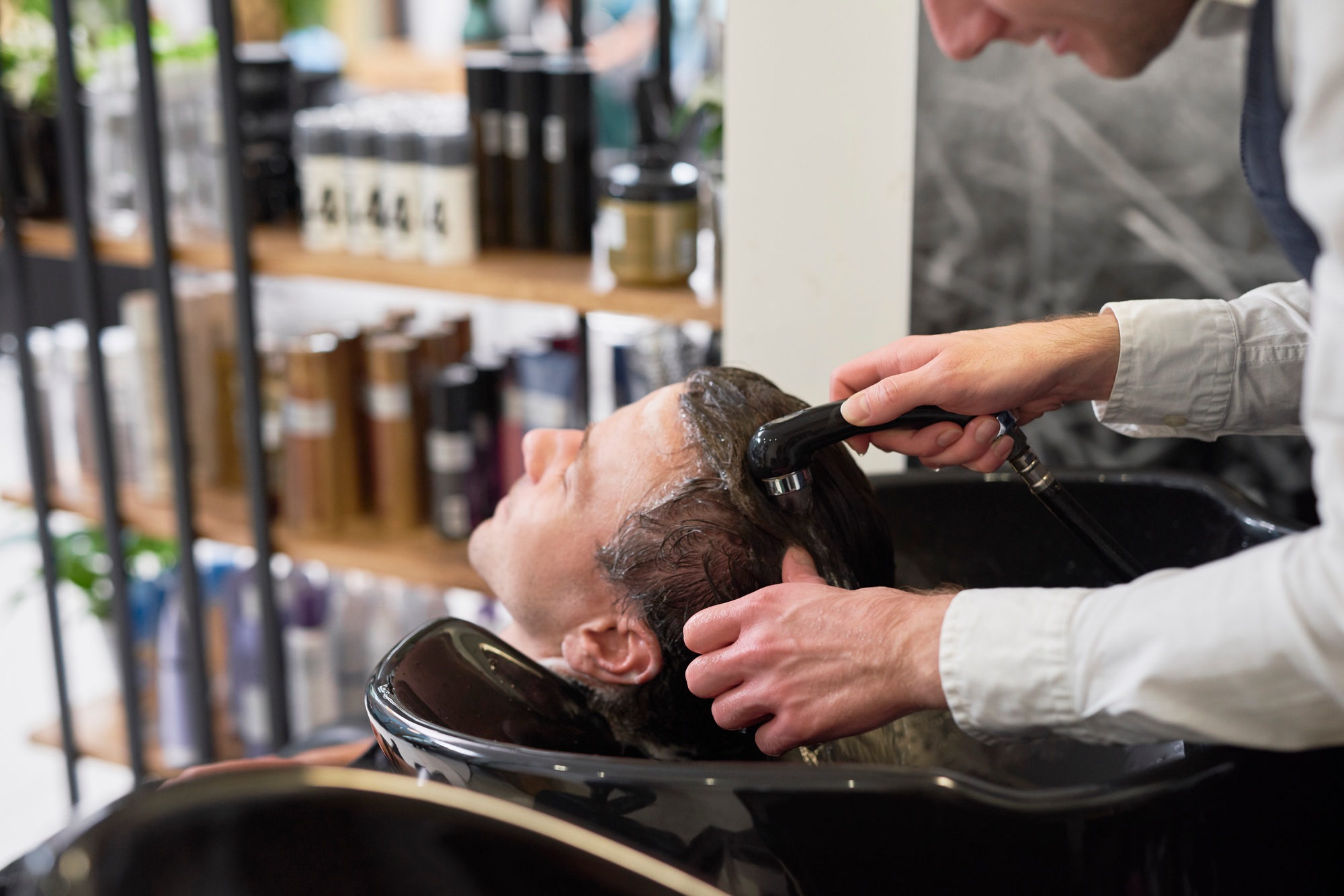
Everyone desires glowing, youthful skin, but as we age, the natural radiance we once had can begin to fade.
Fortunately, achieving that healthy, glowing complexion doesn’t have to involve expensive treatments or harsh chemicals. By adopting natural, effective habits, you can restore your skin’s youthful appearance and maintain it for years to come.
Here are five key practices to help you achieve a radiant, youthful glow naturally.
1. Hydrate Your Skin from the Inside Out
One of the simplest and most effective ways to keep your skin looking fresh and youthful is by staying hydrated. Dehydrated skin can look dull, dry, and prone to wrinkles. When you drink enough water, your skin cells are plumped up, leaving you with a glowing, youthful appearance.
- Drink Plenty of Water: Aim to drink at least eight glasses of water a day to keep your skin hydrated. Water flushes out toxins from the body and helps your skin maintain its elasticity. If you struggle to drink plain water, try adding fresh fruits or herbs like lemon, cucumber, or mint for a refreshing twist.
- Eat Water-Rich Foods: In addition to drinking water, consuming water-rich foods such as cucumbers, oranges, watermelon, and leafy greens can boost hydration levels. These foods not only provide hydration but also pack vitamins and minerals that nourish your skin from within.
- Avoid Dehydrating Beverages: While coffee and alcohol can be refreshing, they can also lead to dehydration, leaving your skin looking tired and lackluster. Be mindful of how much caffeine and alcohol you consume, and balance them with plenty of water throughout the day.
Hydration is the foundation of healthy skin, so make it a priority to drink water and eat hydrating foods to keep your skin glowing.
2. Follow a Consistent Skincare Routine
Taking care of your skin is essential to maintaining its youthful glow. A consistent skincare routine helps protect your skin from environmental stressors, repair damage, and boost cell turnover. By using the right products and ingredients for your skin type, you can encourage healthy skin and reduce the appearance of fine lines and wrinkles.
- Cleanse Gently: Cleansing your skin removes dirt, oil, and impurities that can clog pores and cause breakouts. However, using harsh cleansers can strip your skin of its natural oils, leading to dryness and irritation. Choose a gentle, hydrating cleanser that is suitable for your skin type.
- Exfoliate Regularly: Exfoliating your skin helps remove dead skin cells and promotes cell renewal, which can make your complexion appear brighter and more youthful. Look for natural exfoliants like sugar, coffee grounds, or oatmeal that won’t damage your skin. Be careful not to over-exfoliate, as this can lead to irritation and sensitivity.
- Moisturize Daily: Moisturizing helps lock in hydration and prevent the formation of fine lines. Look for a lightweight, nourishing moisturizer that suits your skin type, and apply it every morning and evening. Consider using a moisturizer with antioxidants like vitamin C to help combat signs of aging.
- Use Sunscreen: Sunscreen is a must for protecting your skin from harmful UV rays that cause premature aging. Even on cloudy days, apply a broad-spectrum sunscreen with an SPF of at least 30 to protect your skin from sun damage.
By following a skincare routine that suits your needs, you’ll be able to nurture your skin and maintain a radiant, youthful glow.
3. Nourish Your Skin with a Healthy Diet
What you put into your body plays a huge role in how your skin looks. Eating a balanced diet rich in nutrients and antioxidants can help support your skin’s natural glow and fight the signs of aging.
- Eat Plenty of Antioxidant-Rich Foods: Antioxidants are powerful compounds that protect your skin from free radicals, which contribute to premature aging. Foods like berries, spinach, kale, nuts, and seeds are packed with antioxidants that help keep your skin youthful. These nutrients also fight inflammation, which can lead to redness and wrinkles.
- Incorporate Healthy Fats: Omega-3 fatty acids found in fatty fish like salmon, flaxseeds, and walnuts help maintain healthy skin by improving elasticity and preventing dryness. Avocados and olive oil are also great sources of healthy fats that help keep your skin moisturized from within.
- Vitamin C for Collagen Production: Collagen is a protein that gives your skin its firmness and elasticity. As we age, collagen production decreases, leading to sagging skin and fine lines. Eating foods rich in vitamin C, like citrus fruits, strawberries, bell peppers, and broccoli, can help stimulate collagen production and keep your skin looking plump and youthful.
- Stay Away from Sugar and Processed Foods: High sugar intake can lead to a process called glycation, where sugar molecules attach to collagen and elastin fibers in the skin, causing them to break down and form wrinkles. By cutting back on sugary foods and processed snacks, you can protect your skin’s integrity and prevent premature aging.
Eating a nutrient-dense diet that supports your skin’s health will help you achieve a youthful glow naturally.
4. Get Enough Sleep and Rest
Sleep is essential for overall health, but it is especially important for your skin. During sleep, your body repairs itself, regenerates cells, and combats inflammation. This is when your skin undergoes its healing process, so getting sufficient rest is vital for achieving a glowing, youthful complexion.
- Aim for 7-9 Hours of Sleep: To allow your skin to regenerate and repair, it’s recommended to get at least seven to nine hours of sleep each night. Lack of sleep can lead to dull, tired skin, dark circles under the eyes, and increased fine lines.
- Create a Relaxing Bedtime Routine: Establishing a calming bedtime routine can help improve the quality of your sleep. Try to wind down by reading, meditating, or practicing deep breathing before bed. Avoid using screens at least 30 minutes before sleep, as blue light can interfere with your natural sleep cycle.
- Sleep on Your Back: Sleeping on your side or stomach can create wrinkles and cause your skin to sag over time. Try sleeping on your back with your head elevated to reduce pressure on your skin and avoid creating sleep lines.
When you get enough quality sleep, your skin has the opportunity to regenerate and repair, resulting in a fresher, more youthful appearance.
5. Manage Stress for Better Skin
Chronic stress has a negative impact on both your mental and physical health. It triggers the production of cortisol, a hormone that can increase oil production in the skin and lead to acne and other skin issues. High levels of stress can also cause inflammation, leading to premature aging.
- Practice Mindfulness and Meditation: Engaging in mindfulness activities, like meditation or yoga, helps reduce stress and calm your mind. Even just 10 minutes of meditation a day can lower cortisol levels and promote a sense of relaxation.
- Exercise Regularly: Physical activity is one of the best ways to manage stress. Exercise increases the production of endorphins, which help improve mood and reduce anxiety. It also boosts circulation, which can improve the appearance of your skin.
- Take Breaks and Rest: Life can be demanding, but taking regular breaks throughout the day can help prevent burnout and stress. Whether it’s a walk outside or a moment of deep breathing, giving yourself time to recharge can reduce the negative effects of stress on your skin.
Managing stress is an important step in achieving a youthful glow, as it helps maintain a clear complexion and reduces the appearance of aging.
Conclusion
Achieving a youthful glow naturally is within your reach with the right combination of hydration, skincare, diet, sleep, and stress management.
By taking care of your body from the inside out and adopting healthy habits, you’ll be able to restore and maintain the radiant, youthful complexion you desire.
Remember, consistency is key—by making these practices a regular part of your lifestyle, you’ll enjoy the benefits of glowing skin for years to come.












